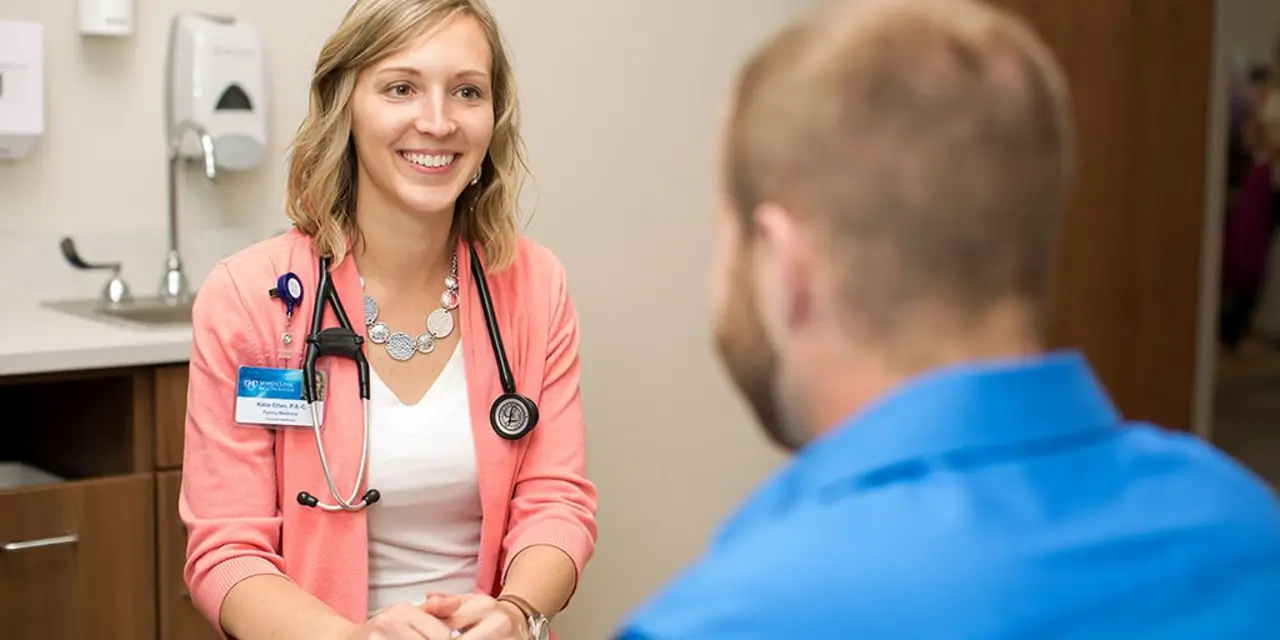What are the functions of most primary care physicians?

Exploring the Essential Functions of Primary Care Physicians: A Comprehensive Guide
A primary care physician (PCP) is a medical professional responsible for providing general health care services to patients. They are responsible for treating numerous medical conditions, diseases, and injuries, and they often serve as the first point of contact when someone needs medical care. PCPs also provide preventive care, such as health screenings, vaccinations, and lifestyle advice.
PCPs can provide a wide range of medical services, but the specific services they provide depend on their medical specialty. Common medical services provided by PCPs include diagnosis and treatment of common illnesses, physical examinations, laboratory tests, and immunizations. In some cases, PCPs may also provide mental health services, such as counseling, therapy, and medication management.
The primary function of a PCP is to diagnose and treat medical conditions. PCPs must be knowledgeable about the latest treatments and therapies for various medical conditions and illnesses, and they must be able to evaluate a patient’s condition and recommend the best course of treatment. PCPs may also refer their patients to specialists for additional care and treatment if necessary.
In addition to providing medical services, PCPs also play an important role in preventive care. They can provide advice on healthy lifestyle practices and can provide health screenings and vaccinations, which can help to prevent serious medical conditions from developing. PCPs also provide patients with education on how to maintain good health and how to recognize the signs and symptoms of medical conditions.
PCPs also serve as a patient’s advocate. They can coordinate care with other medical professionals, such as specialists and surgeons, to ensure that patients receive the best possible care. PCPs may also provide emotional support and encouragement to their patients, helping them to cope with their medical conditions and treatments.
PCPs also play a role in research. They can participate in clinical trials and studies, which can help to improve patient care and advance medical knowledge. In addition, PCPs may participate in community health initiatives, such as providing health services to underserved communities.
PCPs are an important part of the health care system. They provide a wide range of medical services and preventive care to patients, and they serve as a patient’s advocate and coordinator of care. PCPs are essential to ensuring that patients receive the best possible care and treatment.
The Benefits of Primary Care Physicians: Understanding Their Role in Your Health Care
Seeing a primary care physician is an important part of maintaining your health. Primary care physicians are specialists who are trained to provide comprehensive medical care for individuals and families. They are responsible for diagnosing and treating a variety of illnesses, injuries, and other medical conditions. They also provide preventative care, such as vaccinations and screenings, as well as advice on healthy lifestyle choices.
One of the main functions of primary care physicians is to diagnose medical conditions. They can perform physical examinations, order and interpret tests, and make recommendations for treatment. They often refer patients to specialists, such as cardiologists or neurologists, when necessary. They also provide advice on diet, exercise, and other lifestyle choices that can help improve a patient’s overall health.
Primary care physicians can also provide preventive care. They can recommend screenings for conditions such as cancer and heart disease, as well as vaccinations to help protect against diseases such as the flu and measles. They can also provide advice on healthy lifestyle choices, such as eating a balanced diet, exercising regularly, and getting enough sleep. This type of care is important because it can help to prevent medical conditions from becoming more serious or even life-threatening.
Primary care physicians are also responsible for managing chronic medical conditions. They can monitor a patient’s health and provide advice on how to best manage a condition. This may include providing medications, ordering tests, and making referrals to specialists. They can also provide education on managing a condition, as well as offer emotional support.
Finally, primary care physicians are an important source of emotional support. They can provide advice and guidance on a variety of issues, from dealing with stress to managing relationships. They can also help to coordinate care with other healthcare providers, such as specialists and mental health professionals. This type of comprehensive care is important for ensuring that all of a patient’s needs are met.
Primary care physicians are an important part of healthcare. They provide comprehensive care, from diagnosing medical conditions to managing chronic conditions and providing emotional support. They also provide preventive care and advice on healthy lifestyle choices. By understanding their role in your health care, you can ensure that you are receiving the best possible care and support.
